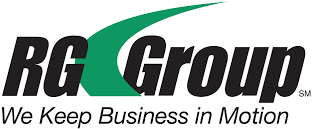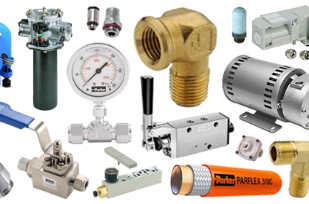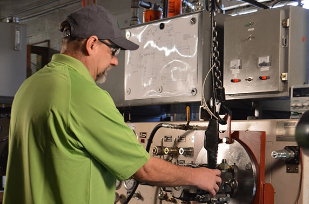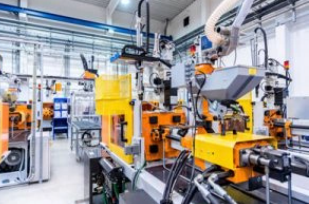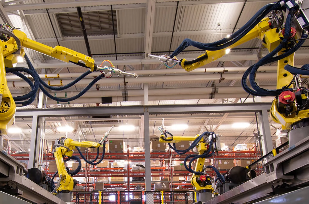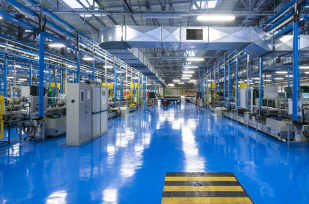
Reducing costs to increase revenue is the name of the game in manufacturing. And as such, smart businesses, run by CEOs, CFOs, plant managers and maintenance departments, spend time identifying ways to reduce costs. A few common areas of cost consumption include labor, materials and overhead. For manufacturers using large amounts of compressed air, it’s also important to explore how to reduce Kw usage as a viable way to save money and increase the bottom line. You might even get some electric service supplier rebate monies for this cost reduction.
Identifying how to reduce your Kw usage can start by walking through your plant and simply listening. When listening to the right noise you will likely hear compressed air being used for a task; and when used in large volumes it equates to big dollars.
Such was the case for an RG Group Customer that uses a continuous blow application to remove shot blast from a steel girder being prepared for finishing. This process can consume up to approximately 125 HP of compressed air for 45 minutes or longer. This process is a huge Kw cost to the company.
The solution to saving this customer money was found through being inside their plant, understanding their business and having a keen knowledge of the appropriate products on the market. In this case I recommended an air saver, patented by Parker Hannifin.
VIDEO: Parker Hannifin Air Saver Units – Cut energy consumption by 50%

The benefit of the air saver is to use a pulsation process to deliver the same result being done by a continuous volume of air. The continuous volume of air is now inbound to the Air Saver and outbound in an adjustable pulsed volume of air. The pulsed air is the carrot that saves KW consumption by way of saving compressed air usage. The process now will have the same end result with a major reduction in air consumption.
So by listening, strategic thinking ,and making the right recommendation, our client is looking at a projected savings of $35,000-$40,000 worth of KW consumption annually. And, they can expect a return on investment in approximately four months.
Have a Kw usage concern? Feel free to contact me directly.
Steve Graby
Steve.Graby@RG-Group.com
717-278-9370
